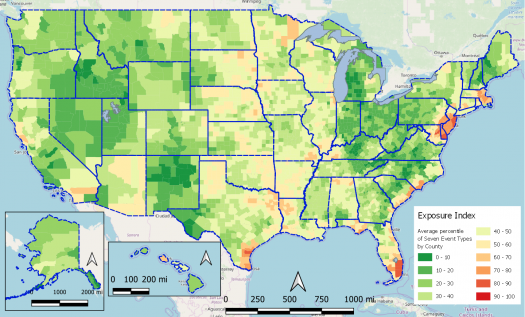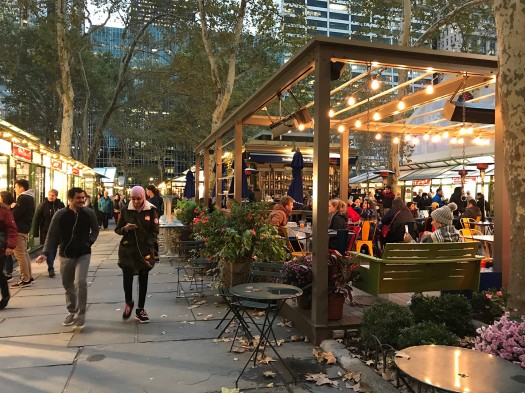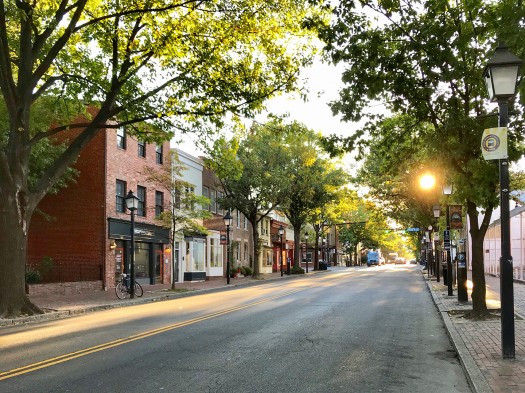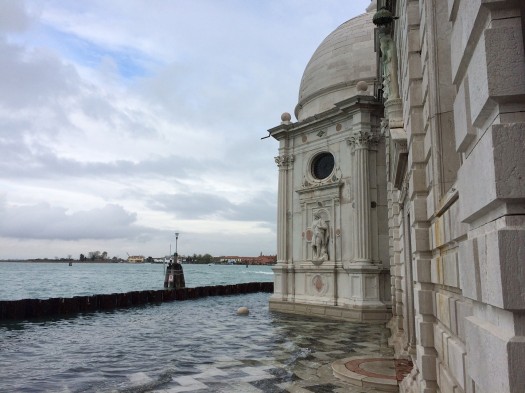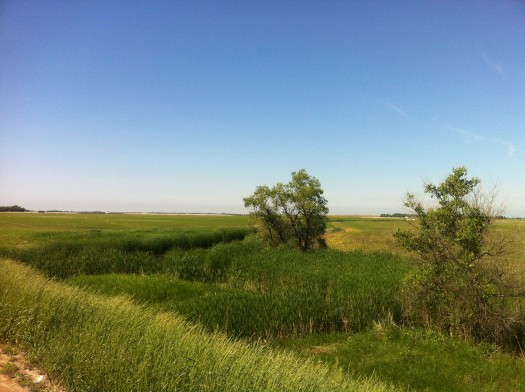Posts Tagged ‘climate change’
Climate Adaptation: A weather report
This is a case study of the application of Scott’s argument that will be presented at the upcoming virtual Congress, CNU28, during the Wednesday, June 10, 2:30pm EDT session, New Tools for Urban Resilience, as well as part of our ongoing series in support of urbanist COVID-19 policy discussions. Among the lessons the COVID-19 crisis…
Read MoreClimate Change: Making the most of failure
Though it surely happens in sports at all levels, there’s one phenomenon that’s particularly common in youth sports: A game in which you’re so outmatched, so fundamentally inferior to your opponent that the outcome, minus Divine or supernatural intervention, is essentially guaranteed. You’re going to lose.
Read MorePlaces that Pay: Benefits of placemaking v2
“Reconciliation is making peace with reality, our ideals, and the gap in between,” via Her Honour, Janice C. Filmon, Lieutenant Governor of Manitoba. Much of our work here at PlaceMakers is about redirecting the trajectory of where we are headed with the targets needed to ensure the wellness of our environment, equity, and economy, so…
Read MoreCNU Climate Summit Highlights
A group of concerned urban designers, architects, ecologists, and economists gathered last week in Alexandria, Virginia, to discuss resilience at the CNU Climate Summit. Unable to join, I reached a few participants by phone and followed the Twitter hashtag, #CNUClimate, to hear highlights of the presentations and working groups. Several of their ideas resonate with…
Read MoreHurricane Harvey provides a sober reminder that resilience is about mitigation and adaptation
Most of us faraway bystanders are observing Houston’s response to Hurricane Harvey with concern at the devastation as well as encouragement at the stories of compassion. With sympathy to the current human suffering from Harvey, we are wishing Houstonians continued strength, fortitude, and safe passage this week. No amount of comprehensive planning or zoning reform…
Read MoreGreen Cities: Breathe deeply and walk freely
As much as I love my winter city, when spring rolls around life brightens up. The onslaught of studies from Friday’s Earth Day imply that our feel-good response to the fresh lime green of spring does much more than pump endorphins. How we green our cities may be a life and death issue. People with…
Read MoreClimate Change: a global commons problem
The report published week before last by the Intergovernmental Panel on Climate Change (IPCC) has made it clear that climate change is a global commons problem. The solution is to decouple rising temperatures from economic and population growth. Hundreds of the most prominent scientists with divergent political views from around the world have run thousands…
Read More[Holiday Leftovers] Confessions of a Former Sprawl Addict
[Originally run Jan. 15, 2010] Hi, my name is Hazel, and I’m an addict. For the last 25 years, I’ve been addicted to a string of takers. Time-draining, money-grubbing, fat-building, resource-depleting, toxic machines. For the last 18 months, I’ve been clean. Ever since our move to Canada. And this last weekend, I realized I may…
Read MoreResilience: It’s who ya know.
If there’s one thing the 20th century gave us, it’s the luxury of not needing each other. It so defines our culture that it’s physically embodied in our sprawling, disconnected landscapes. That alone begets a classic, chicken-n-egg question: Did the leisurely lure of the suburbs kill our sense of community? Were our social ties unwittingly…
Read MoreThe End is Near, Part II: Leveraging imminent doom as ‘Grand Strategy’
This is maybe one of those be-careful-what-you-wish-for moments. But I’m spinning it upside all the way. In one previous post, I griped about planning’s synaptic delay dilemma. When it comes to the really big issues of our time, the time lapse between doing stupid stuff and suffering the consequences is too great to dissuade us…
Read More

